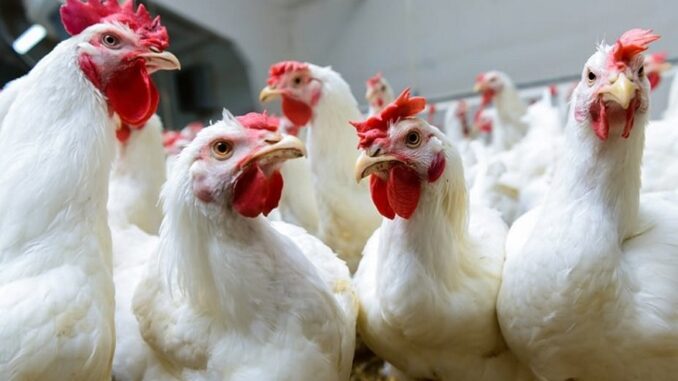
Energy efficiency and conservation are quite integral aspects of sustainable agriculture. Efficiency implies to the increasing the work or yield per unit of energy; while conservation means reducing total energy usage at a farm. Energy efficiency both on-farm, as well as along the supply chain plays an important role in minimizing the impacts of rising energy costs for heat, electricity, gas, and liquid fuel. Today a number of farms across the United States, including Hillandale Farms, follow a range of energy efficient practices and makes use of solar power for the betterment of the environment.
Hillandale Farms discusses how farms can be more energy efficient
Energy efficiency largely involves the use of less energy to carry out the same task, which in turn reduces the amount of energy that is often gets wasted. Following energy efficient practices not only benefit the planet by reducing the impact of climate change, but can also help farmers to save money on their utility bills. There are many energy efficient practices that can be implemented at farmhouses, office buildings, and livestock buildings, such as:
- Renewable electricity generation: Farmers can explore options for renewable electricity generation by choosing to install wind turbines, solar panels, or some other source of renewable energy. The options one goes for would depend on the location of the farm, for instance, if it is located on a hill or low in a valley. A place that does not get enough sunlight cannot depend on solar power. On the other hand, installation of wind turbines may not be feasible in an area where such an infrastructure might impinge on landscape character.
- Insulation: Farmers should check the insulation of their property, including floor insulation, wall cavity insulation, loft insulation, as well as any kind of gaps in window and door frames. Opting to install more efficient heating systems within the property shall be futile without first being assured of good insulation. Farmers can go for draught excluder options for windows and doors as well.
- Check the thermostat: Farmers must try to turn down the thermostat when their property is not being occupied in order to save money and energy.
- Renewable heat generation: It would be a smart move to check renewable heat generation options like the installation of ground or air source heat pumps. However, the viability of certain technologies for individual dwellings has to be taken into consideration, especially with regards to electricity supply. Renewable technologies might even be used to heat water.
- Fixtures and bulbs: Choosing to upgrade lighting fixtures can provide farmers with good returns on investment by significantly cutting down utility expenses. Replacing older bulbs with new energy-efficient bulbs such as LEDs can competently reduce energy consumption of the facility and may also improve the quality of the lighting.
For many intensive corporate farms, the installation of energy efficient or renewable energy technologies would have a large, positive impact on productivity while reducing emissions. Hillandale Farms, for instance, now uses solar power at several of its facilities. Hillandale Connecticut has also implemented multiple small energy-saving practices, such as switching to motion sensor on/off switches in all offices and buildings, as well as installation of high efficiency lighting in all processing, warehouse, and office buildings.

Leave a Reply
You must be logged in to post a comment.